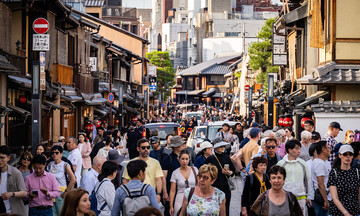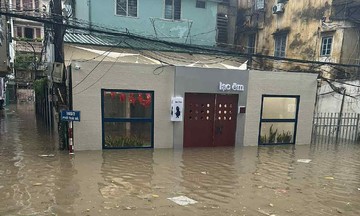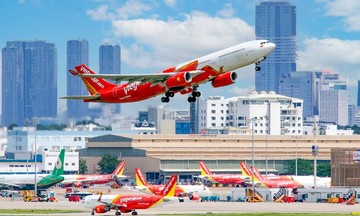Japan has become a shopping paradise for China's middle class this year, thanks to a favorable exchange rate. The weak yen makes high-end goods and accommodations more affordable than ever.
This summer, Ding Xiaohan, a 47-year-old software engineer from Shanghai, treated her 18-year-old son to a week-long vacation in Japan. They explored the upscale district near the Tokyo Tower and indulged in the matcha delights of Shizuoka. From sushi lunches and barbecue dinners to Studio Ghibli souvenirs, Ding spared no expense.
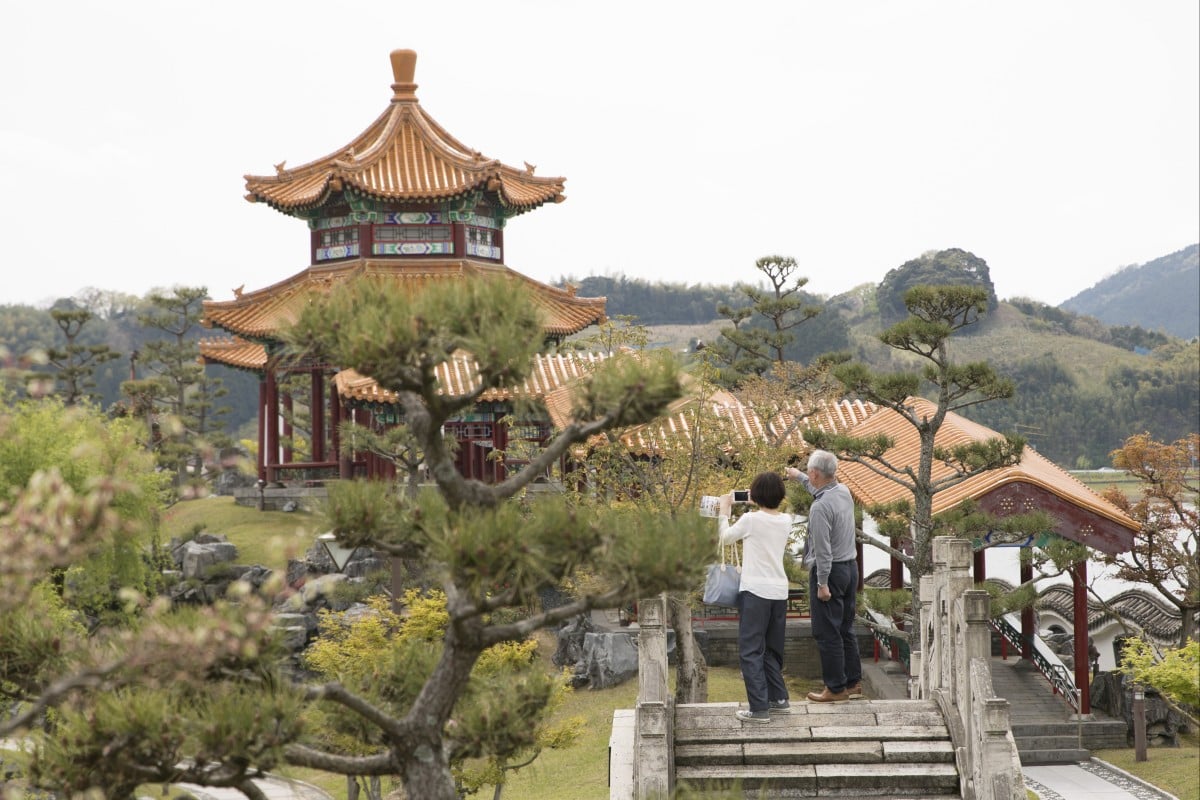 |
Two Chinese tourists take photos of the scenery during their trip to Japan. Photo: Xinhua |
Two Chinese tourists take photos of the scenery during their trip to Japan. Photo: Xinhua
"Japanese products are high quality and not too expensive," Ding explained, justifying her lavish spending.
The influx of Chinese tourists to Japan has surged this year, driven by the weak yen. Affluent and middle-class travelers are seeking luxury goods and cultural experiences, ranging from high-end wellness packages to stays at traditional ryokans (Japanese inns).
According to the Japan National Tourism Organization (JNTO), over 6.7 million Chinese tourists visited Japan in the first 8 months of 2025, a significant increase from 4.6 million during the same period last year.
Tourism experts point to the yen's depreciation of more than 25% against the yuan over the past 5 years, making Japan a more attractive destination. Many luxury items are 20-30% cheaper in Japan than in China.
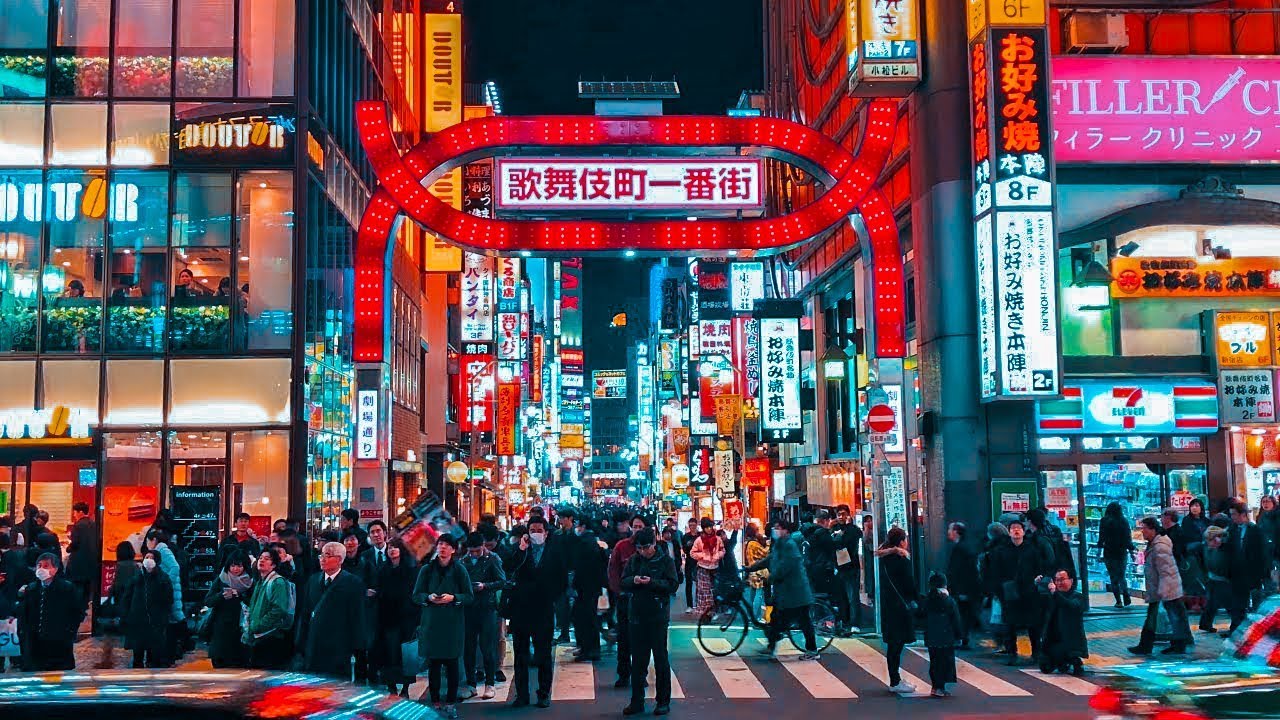 |
Shinjuku, a popular entertainment district in Tokyo, Japan, at night. Photo: Maxres default |
Shinjuku, a popular entertainment district in Tokyo, Japan, at night. Photo: Maxres default
Beyond shopping, Chinese tourists are investing in wellness retreats and cultural experiences. In Kyoto, the Six Senses resort, renowned for its spa and hydrotherapy treatments, reports that Chinese guests are among its top three markets. Room rates range from 800 to 1,100 USD.
Chinese tourists often look for meaningful experiences. "Wellness services and sustainability will be key competitive advantages in attracting this group," said Henry Cheung, the hotel's communications director.
Anh Minh (SCMP)




